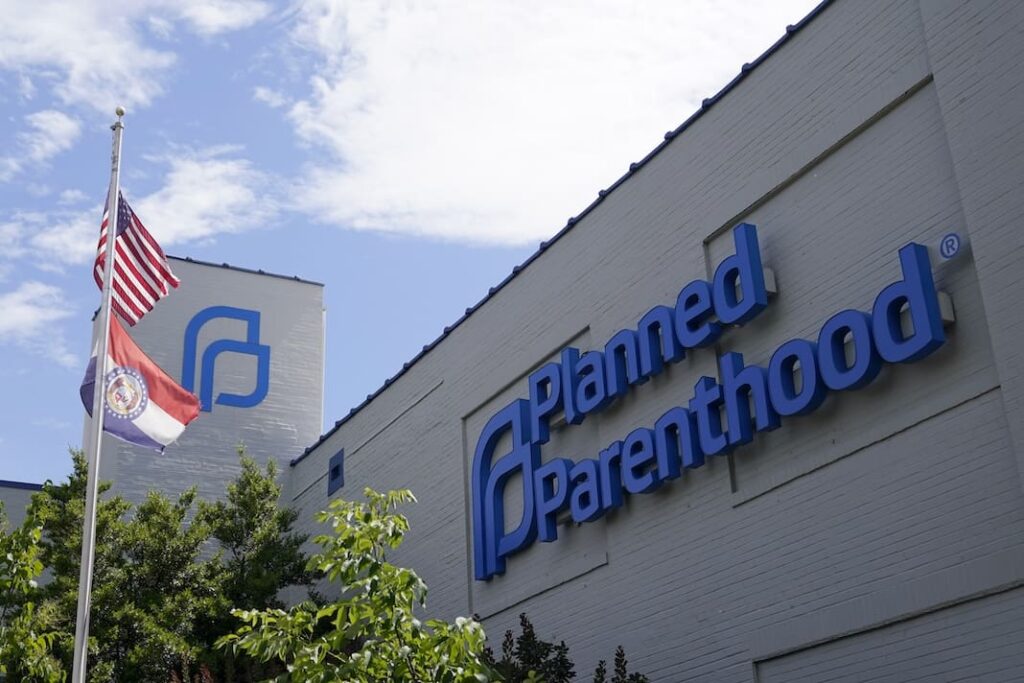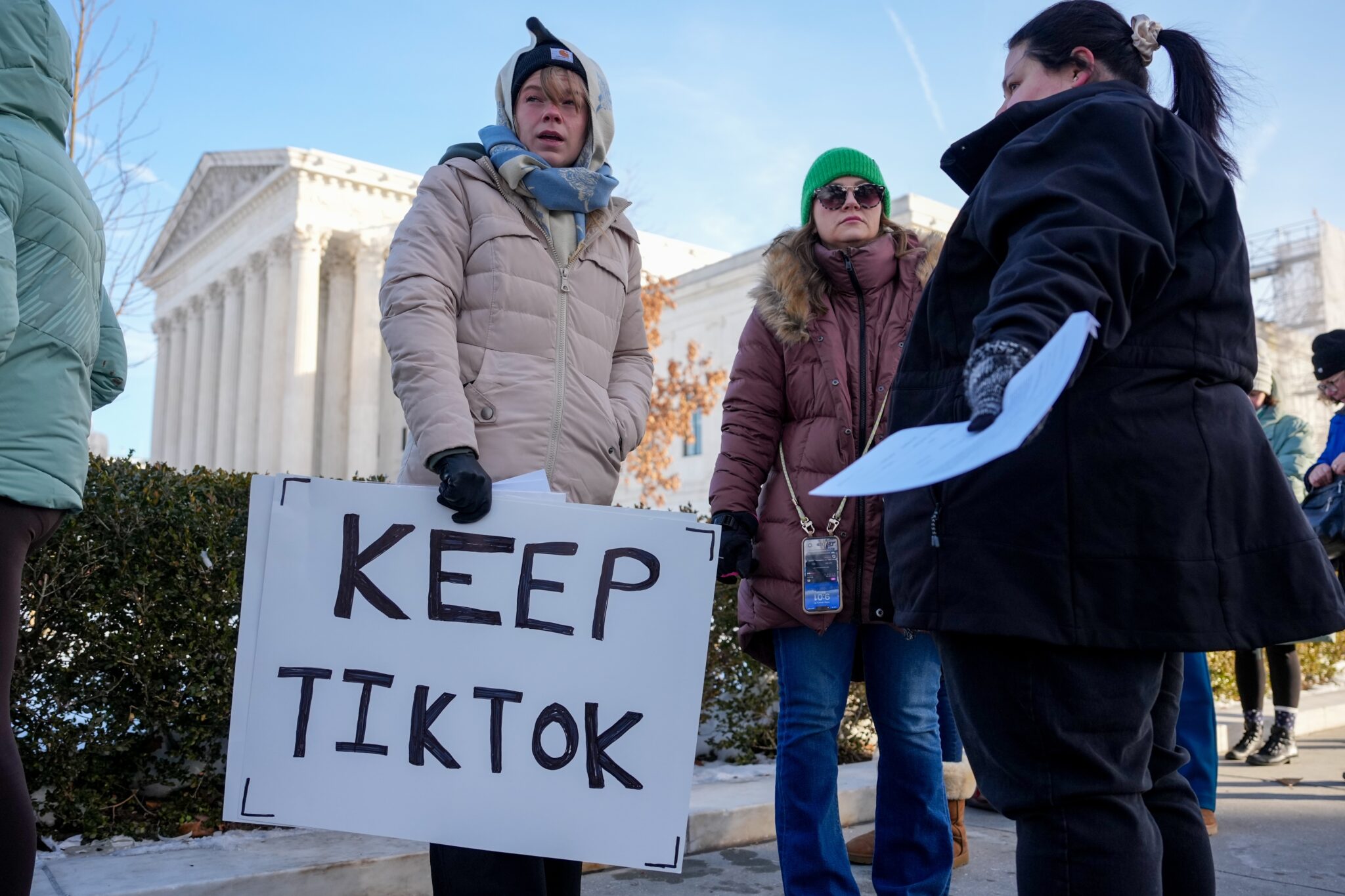Article Summary –
Sen. Rand Paul introduced the Defund Planned Parenthood Act, aiming to eliminate federal funds for Planned Parenthood despite existing restrictions like the Hyde Amendment that already prevent federal funding for abortion services. The bill and ongoing legal challenges could significantly impact Planned Parenthood’s ability to provide essential health services, such as cancer screenings and birth control, particularly affecting Medicaid patients. Fadia Halma’s personal story highlights the critical role Planned Parenthood plays in providing accessible reproductive health care, with diverse demographics relying on its services beyond just abortion-related care.
On Jan. 23, Sen. Rand Paul of Kentucky introduced a bill named the Defund Planned Parenthood Act, stating, “No Federal funds may be made available to Planned Parenthood Federation of America, or to any of its affiliates.”
A press release on Paul’s Senate website ties the bill to the “March for Life” event, asserting that the Defund Planned Parenthood Act would prevent federal tax dollars from funding organizations like Planned Parenthood that provide abortion services.
However, federal funding for abortion has been restricted by the Hyde Amendment since 1976, except in life-threatening emergencies for pregnant women. Prohibiting federal funds to Planned Parenthood would halt Medicaid reimbursements for a range of reproductive health services for those who can’t afford them.
Fadia Halma, 55, recalled her first visit to a Planned Parenthood clinic in Bethlehem, Pennsylvania, at age 12. Uninformed about sex education, she believed she was dying when she got her period at school. The school failed to reach her factory-working mother, so a teacher directed Halma to the clinic for help.
“I had no idea what was going on,” Halma said, describing her pain and confusion. At the clinic, she received menstrual pads and an explanation of her situation. “We didn’t have health insurance… So they gave me six months’ worth of pads and drove me home,” Halma added, emphasizing the profound impact on her life.
Planned Parenthood provides services including cancer screenings, STD tests, prenatal care, and contraception education. In 2022-2023, the organization saw 2.05 million patients. Halma continued to use their services for reproductive health through college and her late 20s.
Funding for Planned Parenthood comes from private donations, Medicaid, and federal grants via Title X, which was established in 1970 to ensure access to family planning and reproductive health care.
Alongside Sen. Rand Paul’s bill, with seven Republican cosponsors, Planned Parenthood faces two significant lawsuits. The U.S. Supreme Court is reviewing Medina v. Planned Parenthood, questioning if South Carolina can terminate all Medicaid funding to the organization. The case was initiated by Alliance Defending Freedom, an anti-abortion legal group.
“The Kerr case could severely restrict Planned Parenthood and access to family planning services in many states,” said Elizabeth Sepper, a University of Texas law professor.
Jenny Black, CEO of Planned Parenthood South Atlantic, stated, “This case represents anti-abortion politicians using power to target Planned Parenthood and block Medicaid patients from essential health care.”
In 2023, U.S. District Judge Matthew Kacsmaryk ordered a jury trial for a lawsuit claiming Planned Parenthood defrauded Medicaid by billing after Texas declared them ineligible, with officials seeking $1.8 billion in penalties.
Halma, now a Planned Parenthood board member, has dedicated years to fundraising and educating the public about the organization. She emphasizes Planned Parenthood’s broad user base, noting, “People don’t realize it’s not just poor people. A woman has the right to health care — it’s a basic human right.”
—
Read More Pennsylvania News









